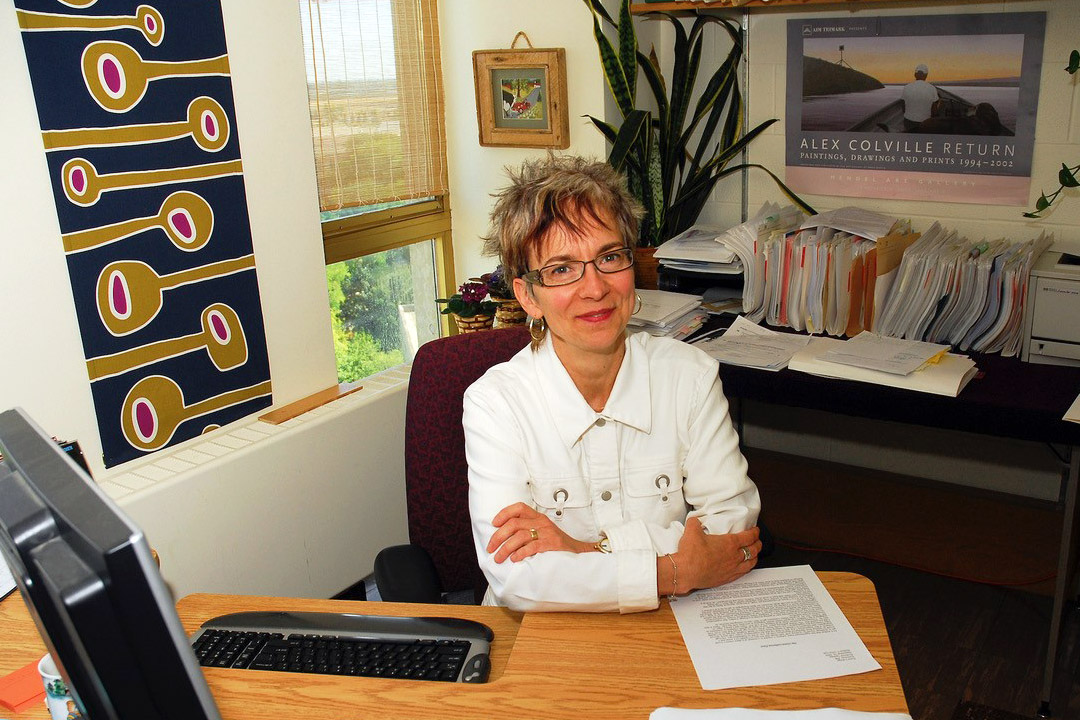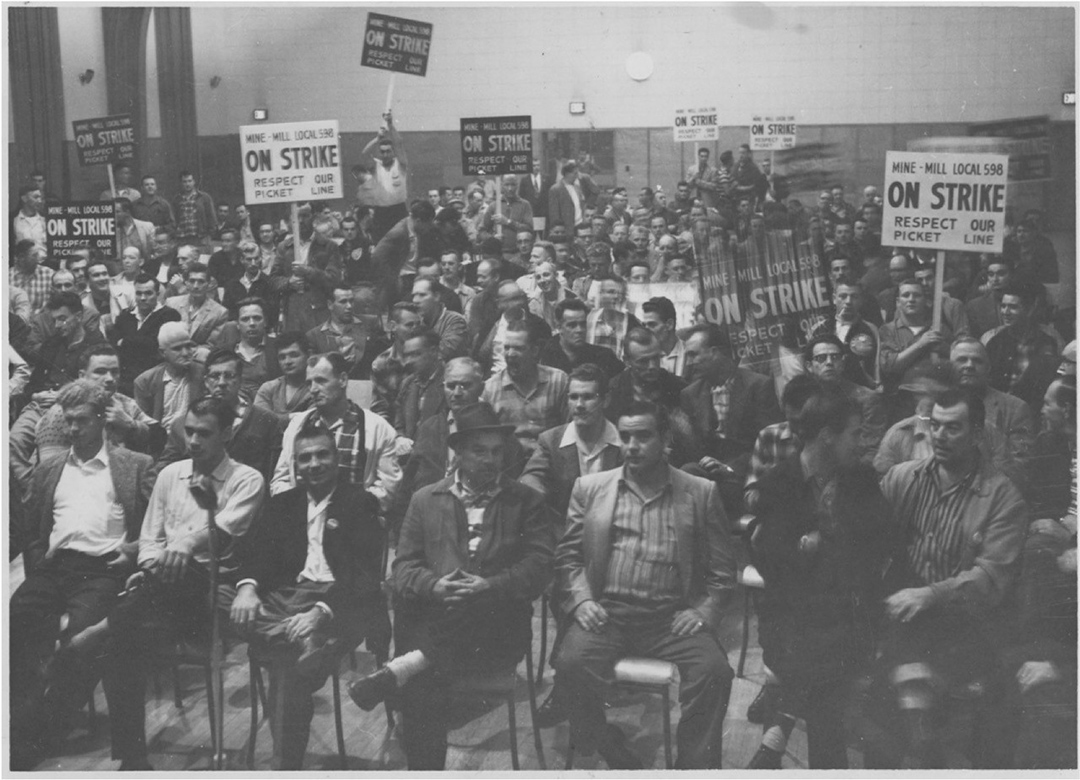
USask researcher seeks stories about historic 62-year-old mining strike
A University of Saskatchewan (USask) researcher wants to speak with anyone who has stories about a historic mining strike that started 62 years ago in Ontario and affected thousands of Canadian workers and community members.
By SHANNON BOKLASCHUKDr. Elizabeth Quinlan (PhD), a sociology professor in USask’s College of Arts and Science, is examining the International Nickel Company (Inco) strike that began on Sept. 24, 1958, and lasted until just before Christmas of that year—impacting 17,000 mine workers in Sudbury and Port Colborne, Ont., along the way. She is hoping to speak with as many people as possible so she can put together a picture of how the strike affected the entire community.
“Bargaining from 1944, when the union was first certified, went well. Improvements in wages and working conditions were made year by year. Then, all of the sudden, in 1958, Inco wasn’t interested in bargaining,” said Quinlan. “We know now—but it wasn’t known so well then—that Inco was sitting on a stockpile of nickel and the metals markets weren’t doing well. So, the strike took many people by surprise. And, as in any strike, there’s no chance for rehearsal. People had to adapt quickly to figure out how to support one another so (they could) survive until a settlement (could) be reached.”
Quinlan was recently awarded federal funding of $68,700, through Canada’s Social Sciences and Humanities Research Council (SSHRC), to conduct a case study on the 1958 Inco strike. By capturing firsthand accounts from strike participants, many of whom are now in their 80s or 90s, Quinlan aims to make a major contribution to the historical record and compile her research into a book.

Quinlan is interested in talking with people from all walks of life—such as mine employees, civic politicians, church officials, store owners, hotel managers, and other community members impacted by the labour dispute—since the strike affected different people in different ways. Many people made sacrifices during the strike, said Quinlan, but some also “developed new skills and learned they had strengths they didn’t know they had.”
“The strikers held up production of the world’s largest nickel producer for a full 13 weeks. That’s no small feat. Women went out into the paid labour market to take up jobs that not only gave them income to feed the family but also the chance to develop new capabilities,” said Quinlan. “In those families where the women went out to work, the men often stayed home and looked after the children. From those role reversals, men and women learned they had strengths and abilities they often didn’t realize they had. This is not a romantic story, but rather illustrates the harsh reality and difficult choices that confronted ordinary people.”
Quinlan also wants to hear from people who may have second-hand accounts of the strike, such as vivid childhood memories of their parents discussing the labour issues. She said the effects of the 1958 strike were also felt beyond the local community.
“The strike marked a turning point in Canada’s labour movement,” she said. “It also had a significant and lasting effect on people’s perceptions of unions, from the post-war period to today.”
College of Arts and Science alumna and award-winning playwright Jennifer Wynne Webber (BA’86) is serving as a research assistant on the Inco strike project. Webber and Quinlan have worked together on labour movement projects before, most recently in relation to the Mine Mill Ladies Auxiliary movement in Ontario that dates back to the early 1940s. That collaboration resulted in the play With Glowing Hearts: How Ordinary Women Worked Together to Change the World (And Did), written by Webber, who has been shortlisted for the 2020 Canadian Authors Association Fred Kerner Book Award.
Quinlan’s current appeal for Inco strike stories has attracted media attention around the country, with news stories published by outlets such as The Sudbury Star and the CBC. To share your stories with Quinlan, call 306-665-1700 or email inco1958strike@usask.ca. Recollections can also be sent by mail to Dr. Elizabeth Quinlan, Inco 1958 Strike Project, Arts 1115, 9 Campus Drive, University of Saskatchewan, Saskatoon SK, S7N 5A5.

